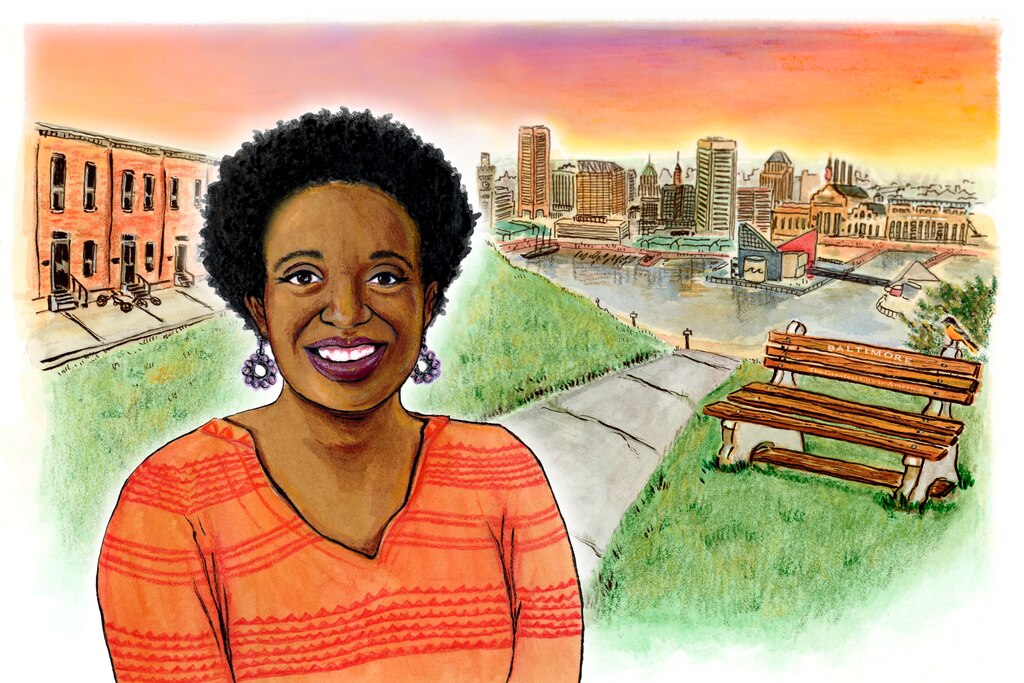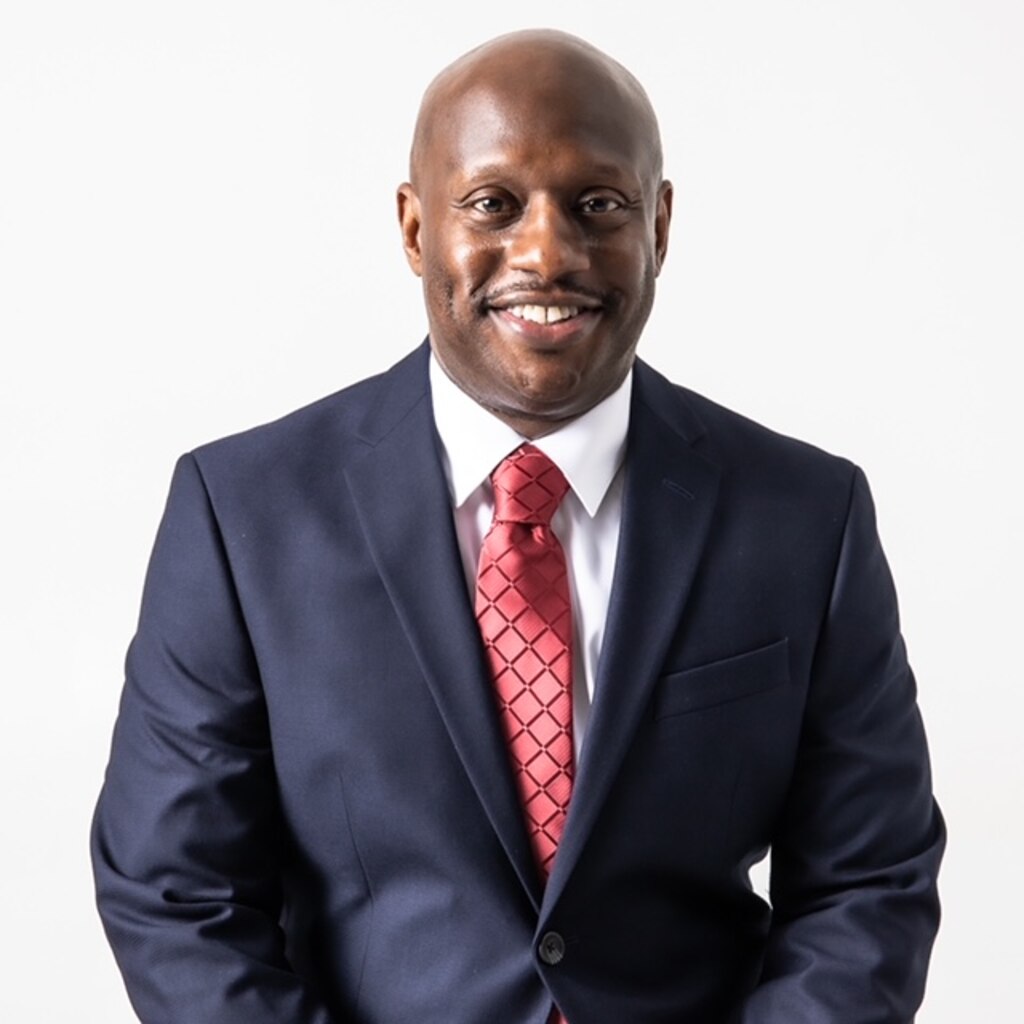A lot of people are talking about what Kanye West said this week. Of course, the rapper, fashion designer, one-time presidential candidate and recent conservative provocateur, now formally known as Ye, has created so much controversy lately that it’s hard to pick out which thing anyone’s talking about.
There are the “White Lives Matters” shirts at his fashion show, worn by conservative firebrand Candace Owens, and an attack on the fashion sense of a Vogue editor who thoughtfully critiqued it. There are his fatphobic rips on Lizzo, who was pretty much just minding her business as usual, and his threats to go “death con 3 on Jewish people“ that have gotten some of his social media accounts restricted.
I once called Kanye a musical genius in a review, something I still believe was true — at least at the time. He’s been publicly riffing on politics since 2005, when he emotionally uttered the words “George Bush doesn’t care about Black people” at a live televised Hurricane Katrina benefit. And he’s been on a roll since then, from suggesting that slavery was a choice (ugh) or saying during a speech that Maryland’s own Harriet Tubman never freed any slaves.
As one audience member apparently yelled, “Come on, man!”
The Baltimore Banner thanks its sponsors. Become one.
Whether or not you agree with West’s opinions, you’ve probably at least heard about them, because the stories and discussion are everywhere. But why? It’s complicated, but it might come down to the Instagram-era amplification of the views of influencers and celebrities over, say, “the voices of activists and academics,” says Dr. Jared Ball, professor of multimedia production at Morgan State University.
“If people don’t like what he’s said about Jews, for instance, where is the substantive discussion on Jewish and Black relationships? Where does this take place? Really, nowhere in the mainstream,” says Ball. “Neither side is making room for honest conversations about this. If that was happening on the regular, Kanye or Nick Cannon (who had his own controversy over antisemitic remarks in 2020) saying something stupid wouldn’t need to be published.”

I don’t have a problem with Kanye West publicly sharing his views, with the expected criticism that might come from them, because I’ve never been a fan of the “Shut up and dribble” discourse that holds that celebrities don’t get to have an opinion. You don’t give up your First Amendment rights when you pick a profession. He has a right to his opinion, although I do think that opinion should stop at hate speech or threats. It’s the onus we put on those views that’s curious.
Before launching himself as a political and cultural thought leader, West made a highly successful foray into fashion, establishing himself as someone who was knowledgable about industries outside of music. Zoey Washington is vice president of editorial content at the global creative agency Jellyfish, who has worked as a fashion journalist for Elle, Essence and other publications, and is a former contributor to 88.1 WYPR.
She was at West’s Yeezy Season 2 show at 2015′s New York Fashion Week and said it was clear from the beginning that the rapper was not just some dilettante slapping his name on a handbag line for clout. He “was not aiming to be a celebrity brand, or to be the face of an established brand. He obviously had a deep respect for fashion” and wanted to be respected as well, which seems to inform his aim to be taken seriously in every other venue he enters, Washington says.
The Baltimore Banner thanks its sponsors. Become one.
West has thrived in what she calls the “democratization” of criticism, meaning that more voices than just the usual establishment voices in fashion and entertainment have now been amplified through social media and the Internet. That’s a good thing, on the surface. That’s also meant that in some cases, more knowledgeable people have been edged out. In fashion, that’s taken the form of influencers who are young and “have good taste” but less writing ability or knowledge of fashion history to put what they’re seeing into context, she said.
Of course, West isn’t the first celebrity to be publicly political, with everyone from musician Paul Robeson to actor Harry Belafonte to boxer Muhammad Ali to actress Jane Fonda lending their voices to various social causes. The difference, Ball says, is that those artists were strongly connected to other established figures who were at the forefront of these conversations.
“The more overt and grassroots movements in the Black power movement here and around the world made it impossible to turn Harry into the spokesperson above and beyond a Malcolm X or a Dr. King,” Ball says. “At one point I remember William F. Buckley interviewing [Black Panther Party founder] Huey P. Newton. You would never see someone that politically left on the mainstream now.”

Both Ball and his Morgan State colleague, Baruti Kapano, professor and chair of the school’s department of multiplatform production in the School of Global Journalism and Communication, says the focus on celebrity political kerfuffles serves as a distraction from real issues. “I have told my students that there has never been more information available in the history of the world, and some may argue that many of us have never been dumber,” Kapano says.
To wit, West, who has started a school, recently boasted that he’s never read a book, which, as the son of an academic, is suspicious. It might be just one more thing said for attention and headlines, but speaks, Kapano says, to society’s diminished role of, or respect for, intellectualism. “Many people are growing up with a de-emphasis on being critical readers,” he says.
The Baltimore Banner thanks its sponsors. Become one.
West’s prevalence also encourages “a tendency for us to critique individuals and not the systems. We can say, ‘He has mental issues’ or ‘He’s a genius’ or ‘That’s a Kanye problem,’” Kapano says, “without saying what there is to say about the system that empowers a Kanye West.”
Ball takes this a step further. “He maybe is causing confusion among his fans, or Black people, broadly speaking, but he’s not threatening to those in power,” he says, because “it’s important to remember that no one achieves the level of celebrity he has without working within the established political order.”
In other words, as long as he continues to make money for his record labels, fashion houses and the media industry that gets clicks and ratings by airing him, there’s been no reason to stop him, Ball says, although Adidas appears to be reevaluating their relationship with him.
“Kanye is a very talented musician that has not upset the political apple cart until this point, and made a lot of money for Def Jam, and Universal, and Adidas. He’s made money, but he’s made them that much more,” he says.
Also, Ball says, West would get less media attention if he were really talking about the connections between, say, money and power — things that might rustle that apple cart.
The Baltimore Banner thanks its sponsors. Become one.
“If there was legit conversation about Zionism or the corporate ownership of fashion, it wouldn’t necessitate these knee-jerk, silly posts,” Ball says. “It would be like, ‘Oh, you’re so out of vogue. We’re going back to our conversation now,” he says. “If we wanted to go beyond that, we’d have to have some serious conversations that would make people like Kanye moot.”
By the time this column runs, West may have said something else even more controversial than his previous statements, and we’re going to be having this conversation forever. But I’d love it if, just once, that conversation included and amplified those previously mentioned activists and artists, the people fully immersed in expertise. I want to know what they have to say.
We need more information, not less.




Comments
Welcome to The Banner's subscriber-only commenting community. Please review our community guidelines.